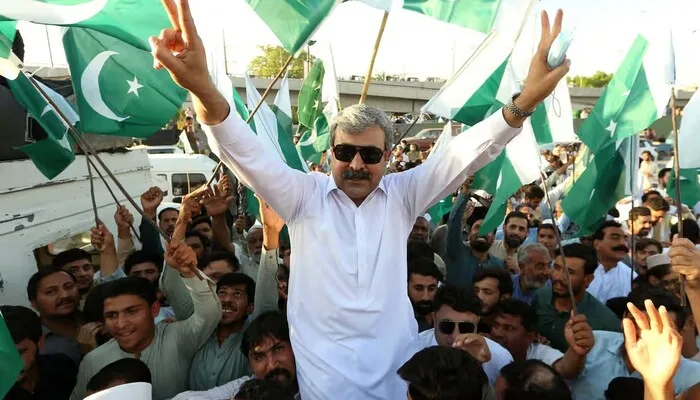The recent India-Pakistan ceasefire has prompted both nations to declare victory, following a dangerous escalation that brought the region close to war. Despite mutual celebrations, voices from Kashmir stress the need for a permanent resolution rather than temporary calm.
Tensions at Breaking Point
Days of air and drone strikes between the two countries pushed tensions to the brink. Both militaries targeted major bases, sparking fears of full-scale war. The ceasefire was announced on Saturday after intense US-led negotiations involving Donald Trump, Secretary of State Marco Rubio, and Vice President JD Vance.
Trump’s Role and Initial Doubts
Trump praised the ceasefire as a wise decision by both sides. However, within hours of the announcement, cross-border firing resumed in Kashmir, raising doubts about the truce. By Sunday morning, relative calm returned, though accusations flew from both sides over the violations.
Victory Celebrations on Both Sides
In India, Defence Minister Rajnath Singh claimed Operation Sindoor demonstrated India’s strength, saying Indian forces had reached “Rawalpindi’s doorstep.” On the Pakistani side, Prime Minister Shehbaz Sharif declared May 11 a day to honor the military. Parades and rallies celebrated the army’s response, especially in Pakistan-administered Kashmir.
Read: Abdul Aleem Khan Hails Armed Forces for ‘Crushing Victory’
Kashmir Cries for Long-Term Peace
While leaders claimed success, Kashmiris bore the brunt of the violence. In Indian-administered Poonch, resident Lal Din called it a repeat of past short-term ceasefires. He urged both countries to resolve their disputes for the sake of civilians caught in the crossfire.
A resident of Neelum Valley echoed that sentiment, saying the recent violence was the worst in years. She expressed relief at the calm but stressed the constant fear under military surveillance.
US and International Mediation
The US emerged as a key player in halting the escalation, with last-minute diplomacy reversing its earlier hands-off stance. Concerns of a potential nuclear conflict forced the shift. Other countries, including the UK and Saudi Arabia, also supported mediation efforts.
Though fighting has stopped for now, Kashmir’s future remains uncertain—and peace, as many say, still hangs by a thread.
Follow us on Google News, Instagram, YouTube, Facebook,Whats App, and TikTok for latest updates
